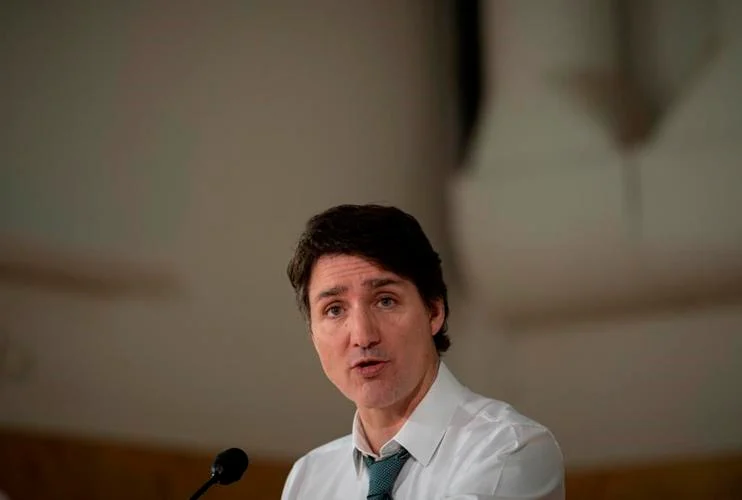
THE CANADIAN PRESS/Tijana Martin
Prime Minister Justin Trudeau announced on Monday that the upcoming federal budget will include funding for a national school food program. The initiative aims to provide meals for an additional 400,000 children annually across Canada.
Trudeau made this declaration during an event in Toronto alongside Finance Minister Chrystia Freeland and Families Minister Jenna Sudds. This announcement comes as part of the Liberal government's ongoing pre-budget tour.
The federal government plans to allocate $1 billion over the next five years to support this program. While education typically falls under provincial jurisdiction, a national initiative would enable Ottawa to collaborate with provinces and territories. Several provinces, including British Columbia, Manitoba, and Nova Scotia, have already allocated funds for school lunches. However, there has been a call for federal involvement from on-the-ground organizations.
Freeland emphasized the importance of collaboration with provincial, territorial, and Indigenous partners to expand access to school food programs nationwide. The goal is to initiate the program as early as the 2024-25 school year.
This initiative has long been promised by the Liberal government, and Trudeau campaigned on this commitment during the 2021 election. With cost-of-living concerns at the forefront and the federal Conservatives leading in opinion polls, Trudeau seeks to restore fairness for younger generations through this budget.
The announcement of the national school food program has received positive feedback from community and advocacy groups. Organizations such as the Heart and Stroke Foundation and the Breakfast Club of Canada have applauded the move, highlighting the benefits of such programs for children's learning, mental health, and overall well-being.
Statistics Canada reports that 18 percent of households experienced food insecurity in 2022, emphasizing the need for initiatives like the national school food program.
While few details have been provided about the program's specifics and fund allocation, Minister Sudds mentioned that the federal government is open to flexibility. This approach aims to address the diverse needs of different regions across the country, allowing provinces and territories to tailor the program accordingly.
However, Conservative Leader Pierre Poilievre criticized the program, referring to it as "federal food bureaucracy." He attributed food insecurity to the Liberal government's carbon tax policy. Poilievre proposed axing the carbon tax to reduce food costs and alleviate malnutrition issues.
Trudeau's government increased the carbon levy on Monday, with Statistics Canada estimating that carbon pricing has increased food prices by about 0.3 percent since its implementation.
Overall, Trudeau's announcement of the national school food program represents a significant step towards addressing food insecurity among children and promoting their well-being across Canada.















